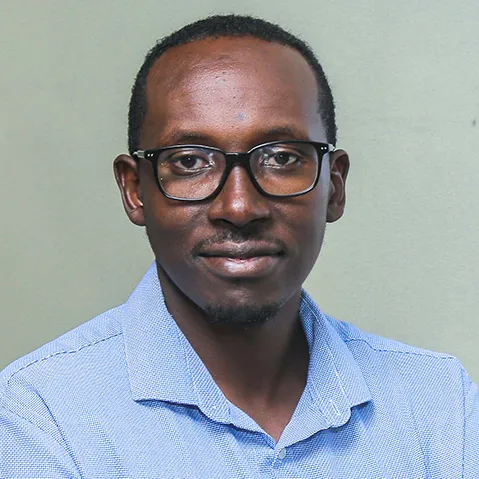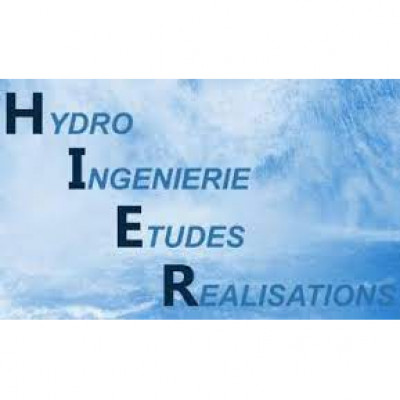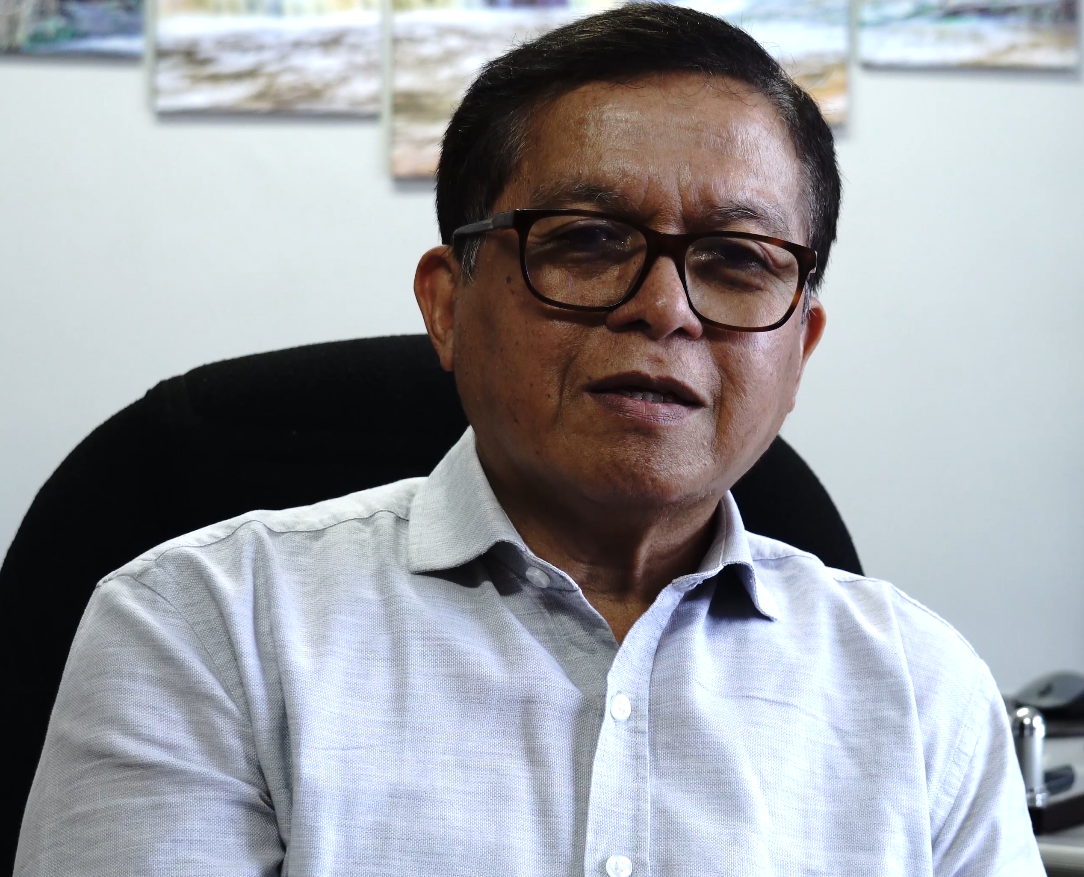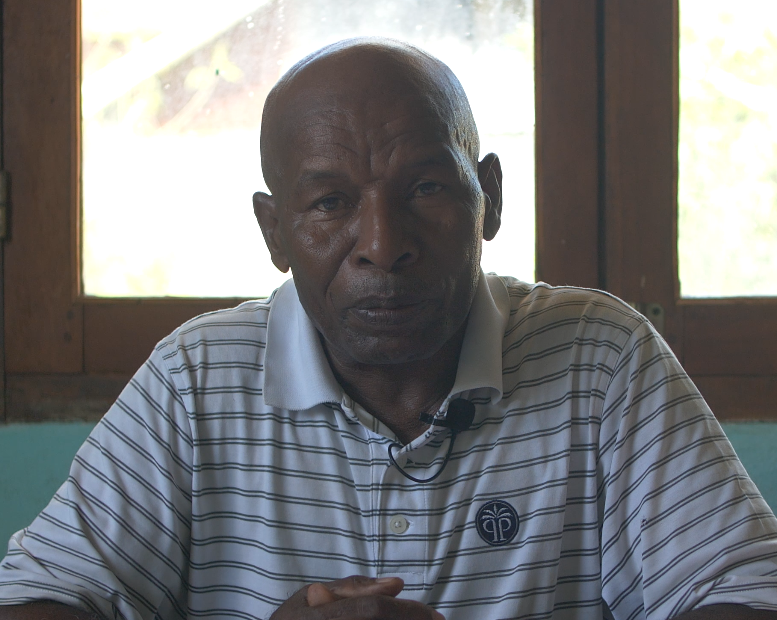HIER Madagascar
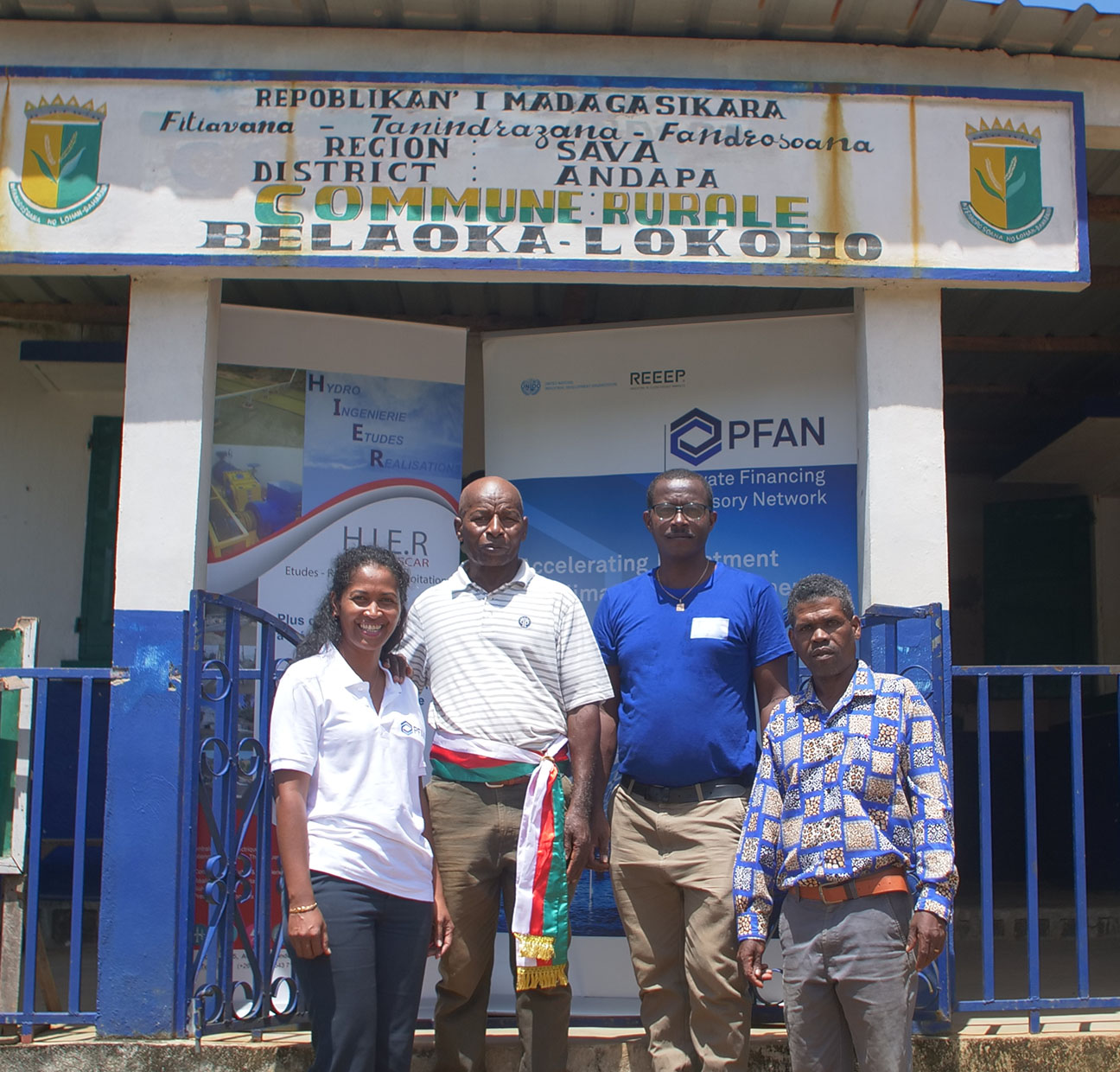
Key Highlights
-
 Technology Hydro
Technology Hydro -
 Country Madagascar
Country Madagascar -
 Business type Greenfield
Business type Greenfield
- 32.8 Investment amount (grant) (USD millions)
- 8 Installed capacity (MW)
- 1.6 GHG mitigation impact (tonnes of CO2e/year)
-
Regional Coordinator

-
Find out more
 Hydro Ingénierie Etudes & Réalisations (HIER)
Hydro Ingénierie Etudes & Réalisations (HIER)
Madagascar is a large island with vast potential for renewable energy sources, but only around a quarter of its population has electricity access, ranking it thirteenth globally for the highest unelectrified populations[1]. The majority of its rural population relies on candles and lamps for lighting, and almost all use biomass for cooking[2]. The lack of access to energy is attributed to affordability issues, infrastructure limitations, geographical barriers and the high cost of extending electricity grids to rural areas[3]. The Government of Madagascar has set a goal to increase electricity access in the country to 70% by the year 2030[4].
Belaoko Lokoho, a rural village nestled alongside the Lokoho River in Madagascar, will see transformative changes with the construction of a hydropower plant by Hydro Ingénierie Etudes et Réalisations (HIER), a local hydropower developer and supplier. Their aim is to generate renewable energy and address the community’s lack of access to electricity. “The hydropower plant of Belaoko Lokoho will have an installed capacity of 8 MW and an annual production capacity of 600 GWh”, explains Dieudonné Raoelijaona, Managing Director of HIER.
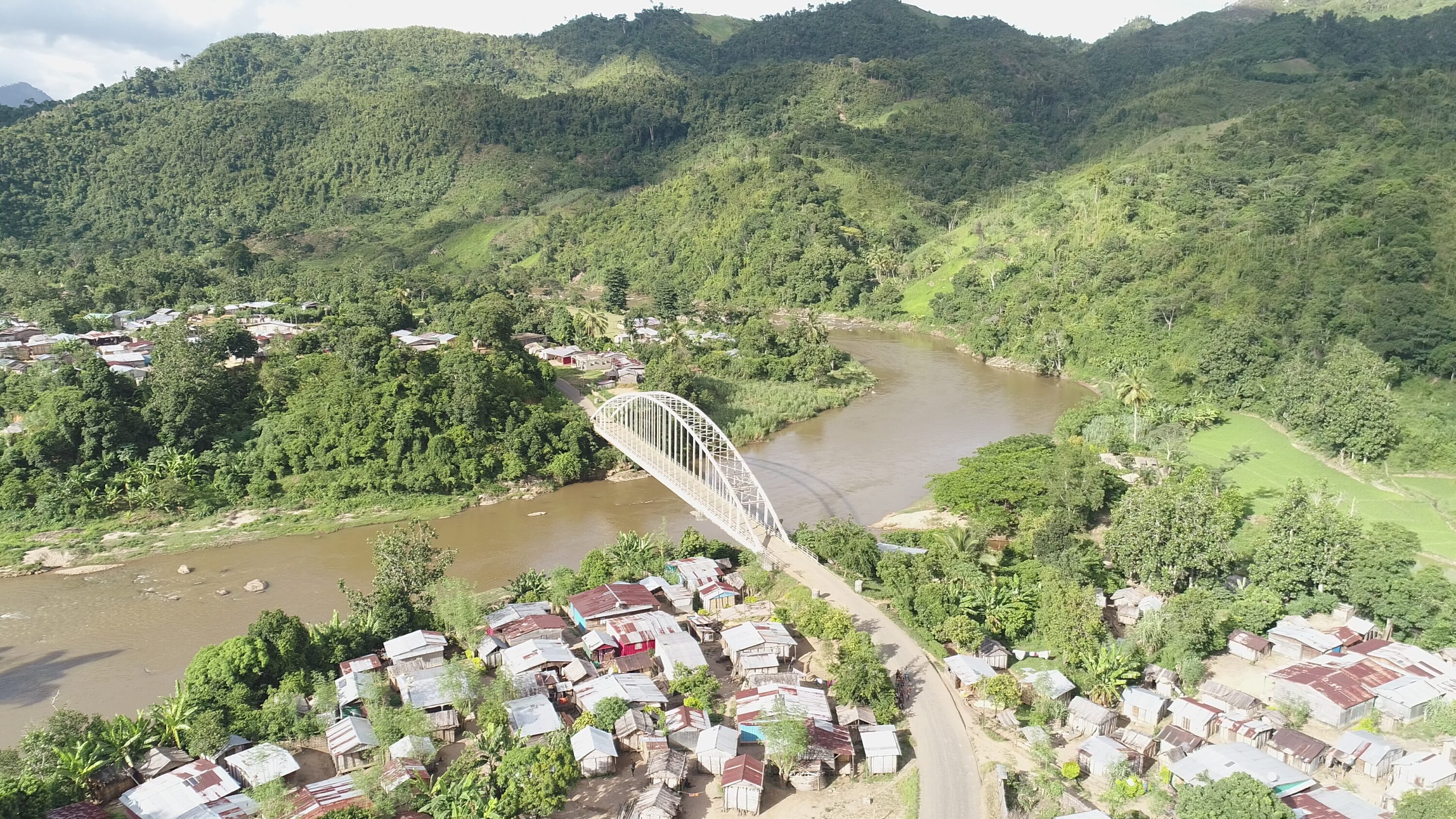
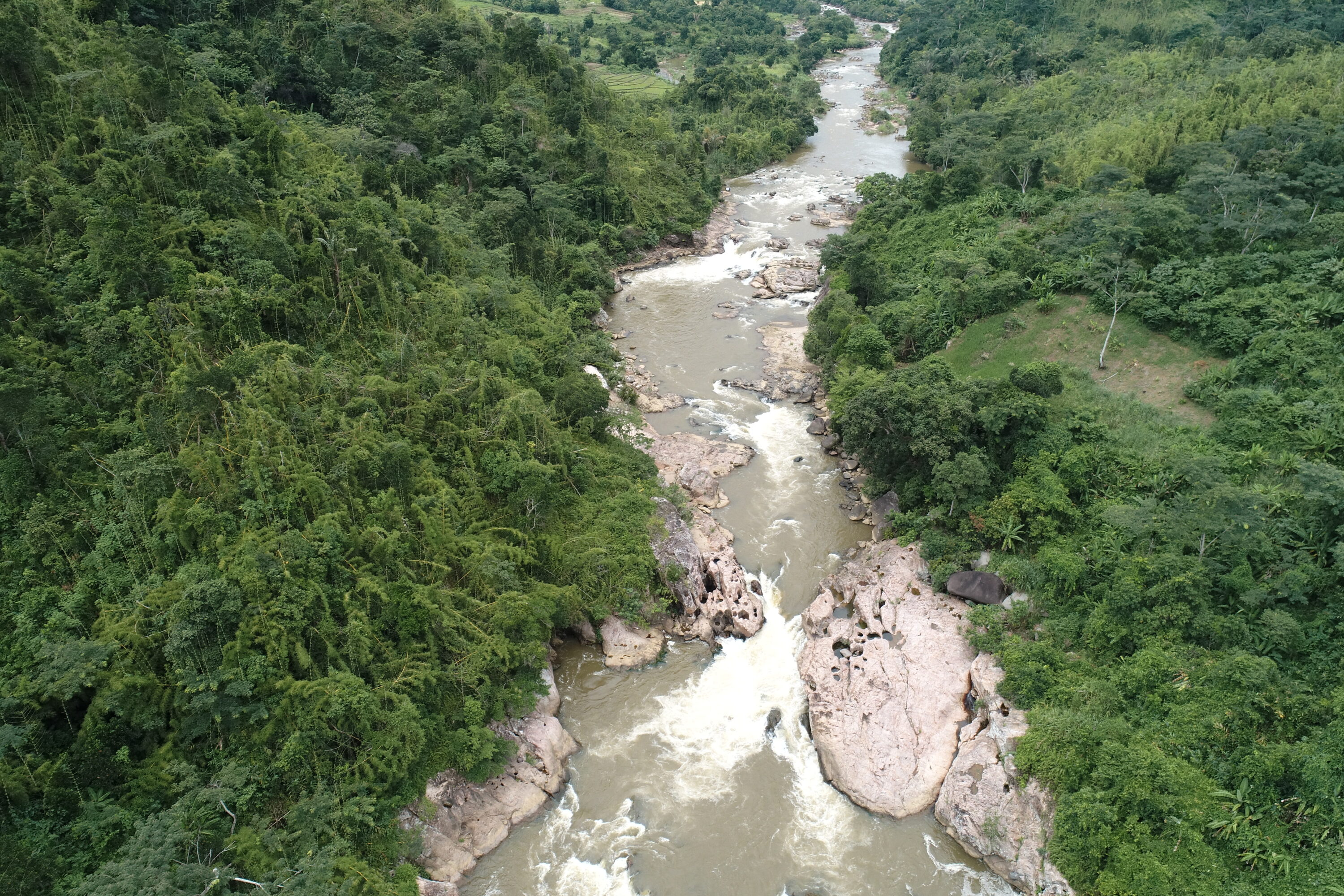

“The hydropower plant of Belaoko Lokoho will have an installed capacity of 8 MW and an annual production capacity of 600 GWh”
In rural communities, women often play a central role in cooking, frequently using traditional stoves in poorly ventilated spaces, leading to indoor pollution and significant health risks, including the potential for death. Despite this, over 99% of Malagasy households rely on charcoal, firewood and crop waste as cooking fuel[1]. With hydropower becoming available thanks to HIER, transitioning to cleaner cooking technologies powered by electricity will become feasible, where women can benefit from improved air quality, reducing their exposure to harmful pollutants and lowering the incidence of respiratory illnesses.
Due to limited access to electricity, many Malagasy families rely on oil lamps and candles for lighting in the evenings, with children often using them for studying and completing schoolwork. While these alternatives may provide a practical solution, they pose significant safety and health hazards. The deployment of HIER’s hydropower technology, which will harness the energy of flowing water, will offer Malagasy households a reliable and sustainable source of electricity. This power will not only illuminate homes but also schools, businesses, municipalities and other essential services, subsequently improving living standards and fostering development opportunities within the community.
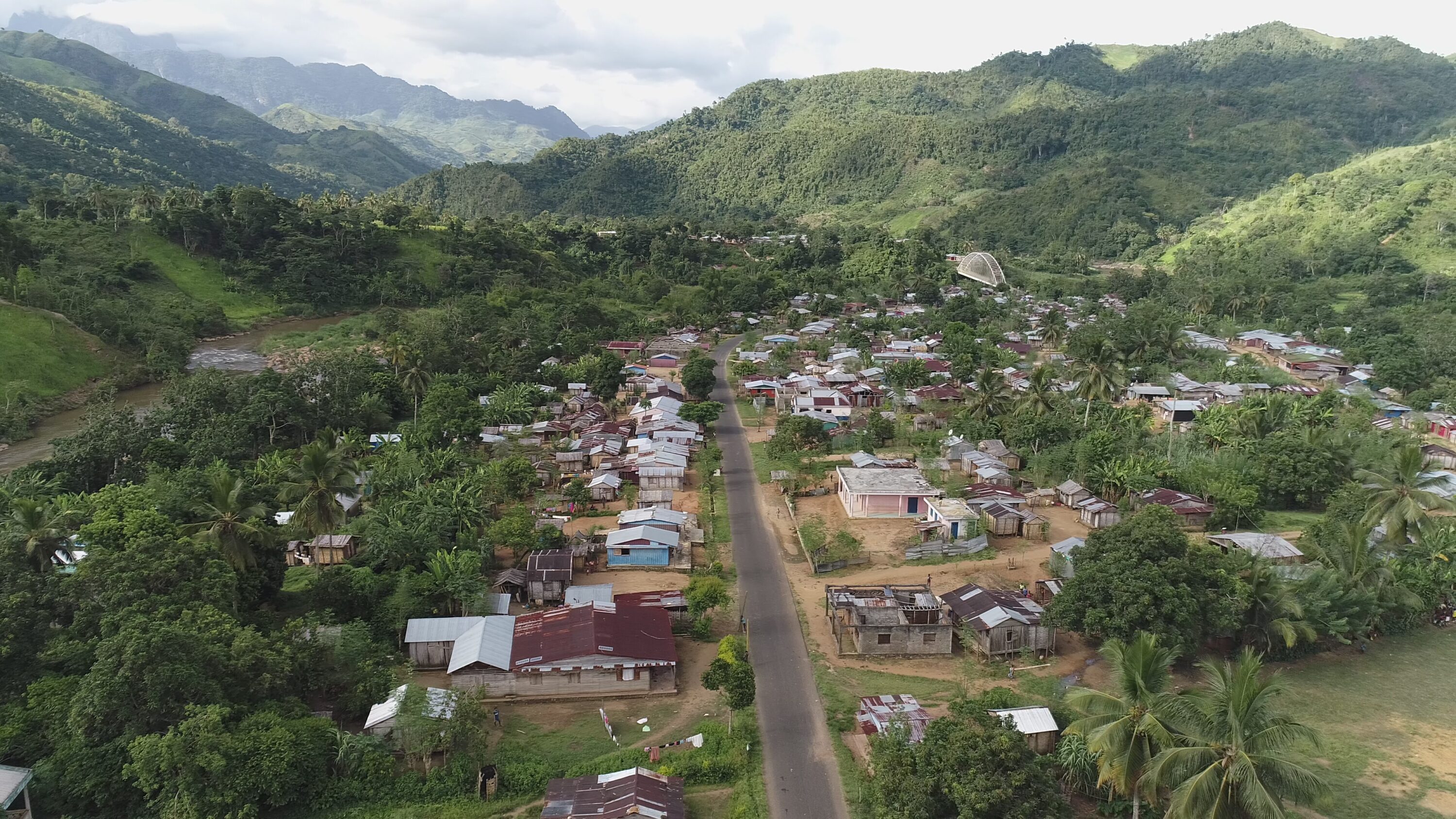
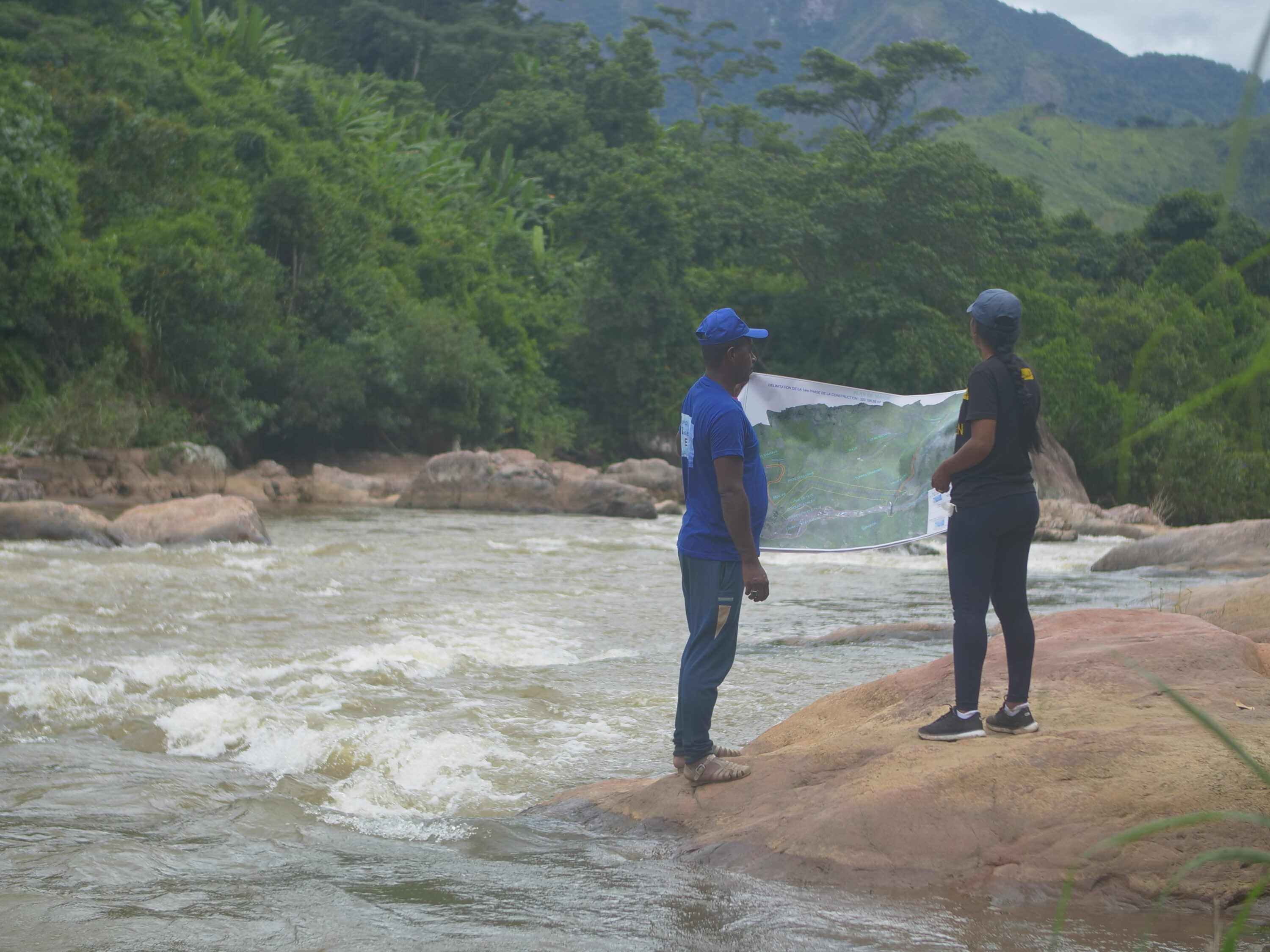

“The municipality has an abundance of economic opportunities, all of which require access to electricity. At present, we rely on the surrounding districts for our day-to-day needs. This Belaoko hydropower plant will make our municipality a model and a source of pride for the region as well as for Madagascar in terms of renewable energy production. Over 140,000 people from our municipality and its surroundings will benefit from this project”
The Sava region in Madagascar, where Belaoko Lokoho is situated, is the world’s largest vanilla-producing area, with around 70,000 smallholder farmers producing 80-90% of Malagasy Bourbon vanilla[1]. Hydropower plants provide a consistent and reliable source of electricity, ensuring that the vanilla farms have access to power for various operations such as irrigation, processing and storage of vanilla beans. Due to the temperate climate in the region, a variety of fruits and vegetables can be grown. By using a sustainable energy source, processing factories can be set up to facilitate the production of these fruits and vegetables. Thus, HIER’s hydropower plant will contribute to the sustainability and prosperity of the local agricultural sector.
The establishment of a hydropower plant will create job opportunities for the local residents, stimulating economic growth and improving livelihoods, thereby contributing to poverty reduction and overall community development. “The municipality has an abundance of economic opportunities, all of which require access to electricity. At present, we rely on the surrounding districts for our day-to-day needs. This Belaoko hydropower plant will make our municipality a model and a source of pride for the region as well as for Madagascar in terms of renewable energy production. Over 140,000 people from our municipality and its surroundings will benefit from this project”, says Tombozaka, Mayor of Belaoko Lokoho.
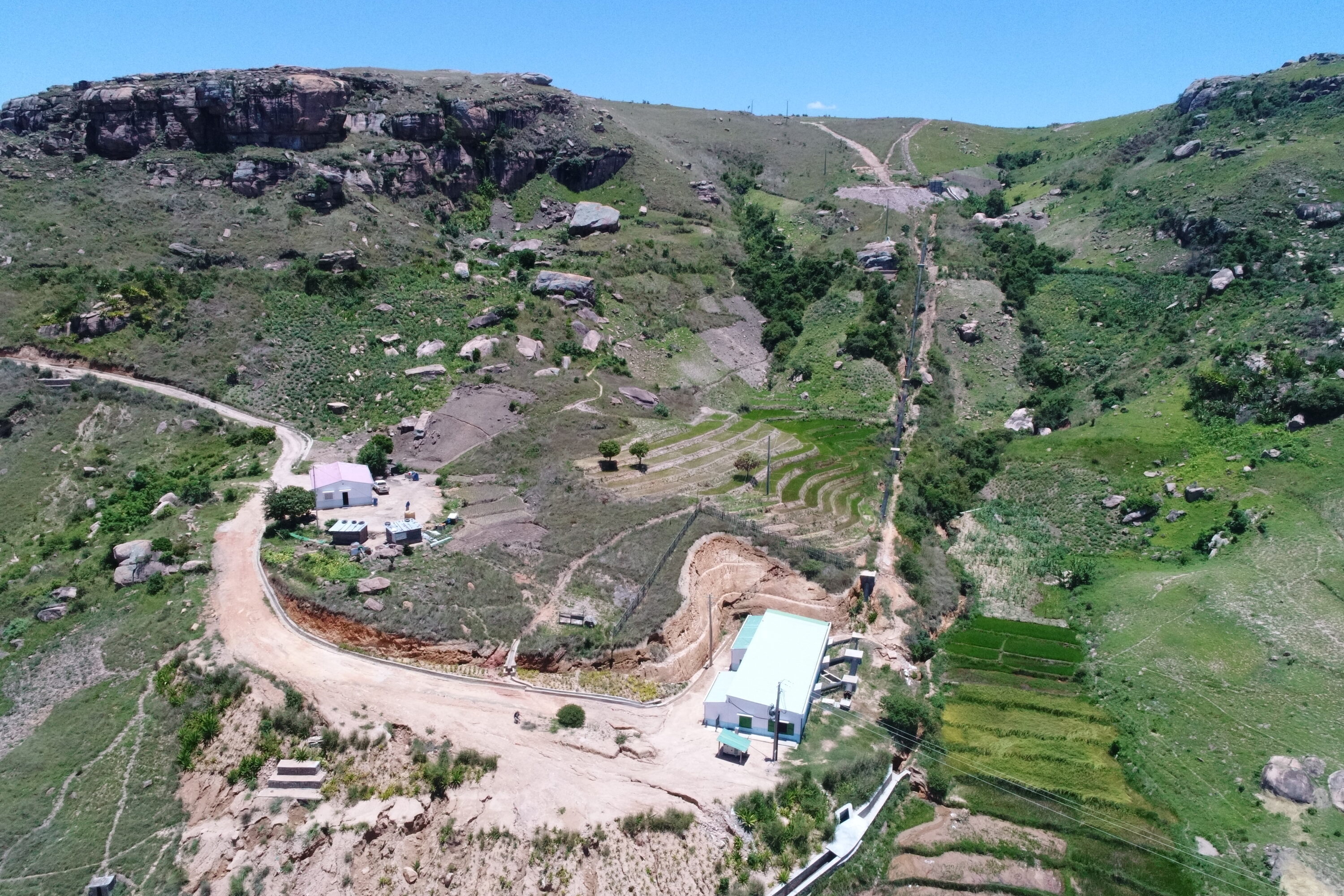
“PFAN Advisors support project developers like HIER by advising them on their business plan, their financial modelling and structuring, their feasibility studies coordination and guidance”, says Daniela Rakotomamonjy, PFAN Advisor, “At the end of the journey, they link them up with international investors, donors and financial institutions to help them reach financial closure”. Initially overlooking gender impact assessment, the project developer, with guidance from Daniela, began integrating a gender lens into their business strategy, promoting a more equitable, inclusive and innovative approach to project sustainability.
Today the Belaoko Loko project is ready to build and has completed all legal requirements. High-quality feasibility studies have been concluded and were funded by KfW, GIZ and UNIDO. Moreover, initial funding for Capital Expenditure to build the power plant has been secured, but the project is still looking for further investment. PFAN accompanied the project throughout the journey. “We are grateful to our technical and financial partners, such as PFAN, UNIDO and KfW, for their support during the study, development and fundraising phases. Now we call upon investors and funding partners to support us in the implementation of this project in the rural municipality of Belaoko Lokoho”, says Frederic Mananjaka, Local Representative, HIER.
[4] https://www.iea.org/countries/madagascar
[5] https://www.gahp.org/programmes/hpap-madagascar (Madagascar Health and Pollution Action Plan)
